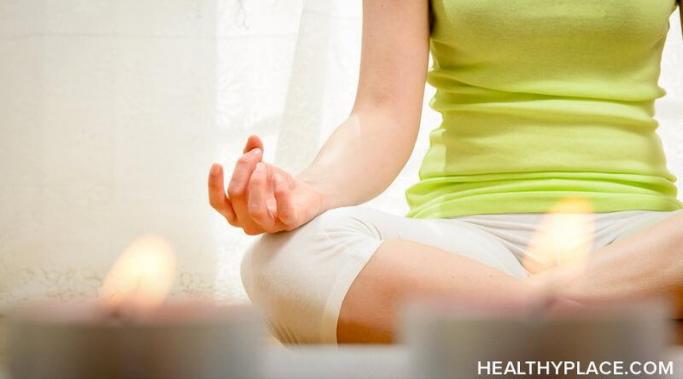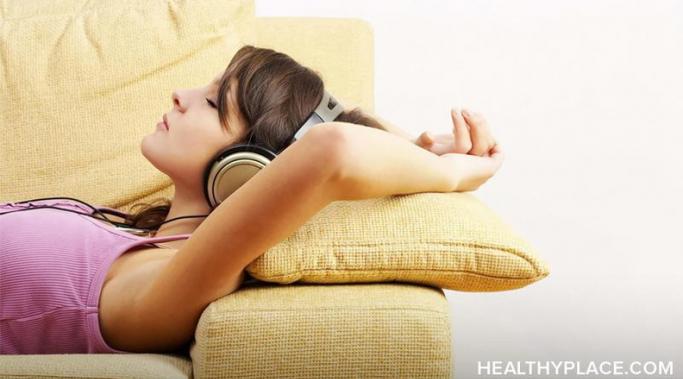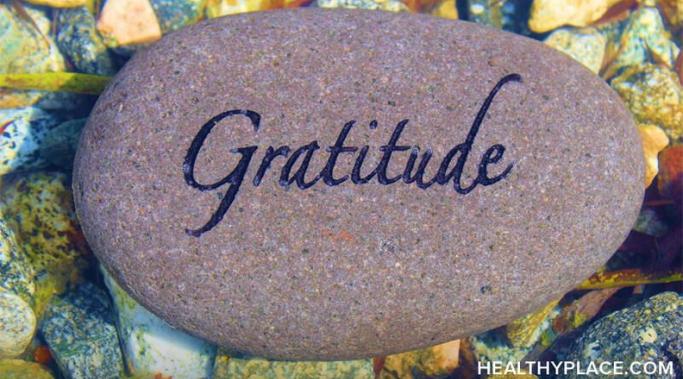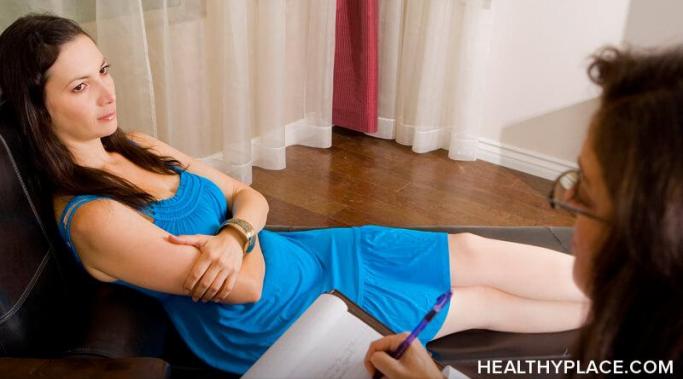I used to think I was bad at meditation. I had poured myself into books, podcasts, and media that revolved around self-improvement and noticed a common theme: meditation. The problem was that I had already convinced myself that I was bad at meditation. After years of trying, I felt discouraged that I couldn't grasp this seemingly magic tool praised by many. I had almost given up, but instead, I turned to the question, "Is it possible to be bad at meditating?"
Self-Help - Recovering from Mental Illness
Times get tough, and I'm not immune to wanting to shut the world out when it feels too loud, too heavy, or simply too much; that's when distraction and escapism come into play. Sometimes, a little mind vacation is needed. Just like physical vacations, it can be helpful to mentally check out momentarily to rest and reset. But as with most things in life, there is a balance, and tipping the scales can have harmful consequences.
Breathwork can help with anxiety. Sometimes, when it comes to managing mental health, it's best to go back to the basics, like breathing. It seems too simple, and it is simple, but that doesn't make it any less important. Breathwork is an amazing tool to refocus, calm one's mind, and work through moments of high anxiety. The best part is that it can be done anywhere at any time.
I fell into habit tracking because in a world that is constantly changing, having clearly defined action steps is comforting. I’m able to trick my mind into creating a productive routine that feels more like a game than a chore. Sticking to healthy routines has a tremendously positive impact on my mental health, and it’s never been easier to do because I found a way that I enjoy. (Who doesn’t like the feeling of being able to check off boxes?)
Finding yourself falling into an anxious spiral is scary, and it's easy to feel out of control. Luckily, there are some physical skills you can utilize to fight off this feeling. Sometimes, in an anxious spiral, it's difficult to think clearly, so when I face those issues, I tend to lean into physical practices, meaning that I'm doing an action using my body and not necessarily my mind to find comfort. Using physical practices is a great way to center yourself and regain emotional balance.
Journaling can be an exceptional tool for managing mental health, and I've found creative journaling tips that have helped me reframe what it means to journal. When hearing the word "journaling," I used to think of "dear diary" entries, but now I believe there are many journaling tactics that are useful in combatting anxiety, depression, and guilt and gauging mental illness recovery progress. I'm excited to share some creative ways I've used journaling tips to assist in managing my mental health.
I like to practice gratitude in recovery. This is because recovering from a mental illness is difficult and often comes with dark moments. In my own journey, there have been many times when I've felt discouraged and disengaged and ultimately have asked myself, "Is recovering worth it?" Well, yes, it is worth it, but it's nice to have reminders. I've taken my gratitude practices very seriously in the last few years, and they've become essential to my recovery.
Did you know there are warning signs of a setback in mental illness recovery? This is important to know because recovering from mental illness is not linear. I've heard that often and for a good reason. It's true; recovery is far from linear. I've faced many obstacles, bumps, and slow-downs in my own journey, and often, I didn't realize that I had begun slipping until I was already in a tough spot. It's easier to catch myself slipping and then change directions than to find myself in these slumps, so I've found it helpful to identify my own warning signs of a setback in mental health recovery.
I’ve never described it in these terms, but I hacked my skin-picking disorder. Excoriation disorder used to control every aspect of my life—physically and emotionally—and I was certain I’d suffer forever. Today, I can share with you that this is far from reality. I might have skin picking disorder, but it doesn’t have me.
Up to this point in my life, addressing my mental health struggles and seeking recovery has been personal work, and I've never been to therapy to help with mental health conditions. I’ve learned about my illnesses and done self-reflection and soul-searching. It’s been by myself, except for a stint of attending peer support groups and being a part of online peer support groups. During all this time, I’ve wondered, would I benefit from therapy for my mental health?








